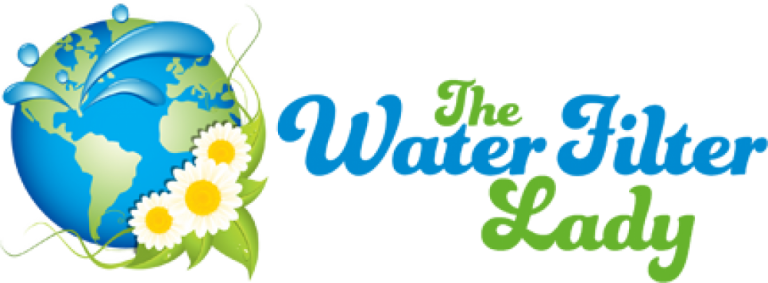Bottled Water: How It Costs You And The Environment More Than You Think
 For many years, bottled water has been considered safe and convenient. Primarily because bottled water companies have falsely claimed their product is better for consumers because it’s either purified or natural spring water, when it is merely tap water. It’s uneconomical and has been untruthfully marketed as healthier for you than tap water. Although consumers know it is overpriced and proven to be only “treated”, around the world, more than 40 billion gallons of bottled water are consumed every year.
For many years, bottled water has been considered safe and convenient. Primarily because bottled water companies have falsely claimed their product is better for consumers because it’s either purified or natural spring water, when it is merely tap water. It’s uneconomical and has been untruthfully marketed as healthier for you than tap water. Although consumers know it is overpriced and proven to be only “treated”, around the world, more than 40 billion gallons of bottled water are consumed every year.
In fact, bottled water is, well, just plain water. It’s no safer than tap water and its effect on the environment as well as the costs of producing the drink has been a major concern over the past several years. Studies have shown and marketers of big business companies have admitted to simply filtering tap water, slapping on a fancy label and bottling the product conveniently close to their other major distribution facilities. This means, more manufacturing of plastics or other substances that are harmful to the overall environment. Most importantly, the number of bottled water distributors who use natural water resources can very well hinder the development, construction and maintenance of safe municipal water systems.
The Truth About Regulating Bottled Water
Now because bottled water falls under the jurisdiction of the Food and Drug Administration, you would think proper regulations are in place to ensure its safety, or to at least validate a distributor’s claim of its pureness or natural spring source. However, there is no regulation in place that confirms the safety of bottled water or its claim to be healthier than its tap equivalent, while municipal or public water supply is well-regulated. They fall under the Environmental Protection Agency which is regularly inspected for toxic chemicals and bacterial. With such a wide gap in regulation, it is easier for big business distributors to market bottled water any way to see fit to increase profits, with no regard for how their bottling process (drawing water next to industrial sites, dumps, or underground storage tanks) and misleading advertising will affect the environment.
Plastic Water Bottles Becomes Trash
Another way, bottled water costs unsuspecting consumers is by damaging way plastic enters the environment before, during and after processing. To manufacture bottled water, some companies use processes that release harmful toxins such as benzene, ethylene oxide and nickel. Additionally, it takes approximately 1.5 million barrels of oil to produce the plastics, of which most end up in landfills, adding to the U.S. environmental landfill crisis. Basically, the plastic bottles simply become trash, producing millions of tons of plastic waste each year. This waste ends up in our oceans, harming marine life, birds, and other animals. Although, plastic is in great demand as a recycled product, it is inevitably thrown away as garbage, not properly disposed or recycle, costing even more time and money to clean up.
Bottled Water is Big Business
Access to safe and affordable water is considered an inalienable right, however, many do not know that bottle water can cost thousands times more than tap water, even gasoline is cheaper. Bottled water is in fact, considered a big commodity for industrial giants who bring in huge profits year after year. The tax breaks alone to these companies make it near impossible for some government agencies to provide subsidies to those unable to afford to pay their water bills.
Ultimately, the production and manufacturing of bottled water is costing consumers a great deal by not only harming our environment, but also by using too many vital resources including gasoline, plastic, as well as public water systems and natural water supplies across the country. Additional treatment of bottled water, false and misleading advertising, does not improve or help the U.S. environment or ecosystem when manufacturers put profit first.
_______________________________________________________________
Peter Wendt, a Texas writer, recently looked into the real cost of drinking bottled water opposed to tap water. Wendt recommends contacting this water softener company to make your tap water more appealing to your taste buds.

